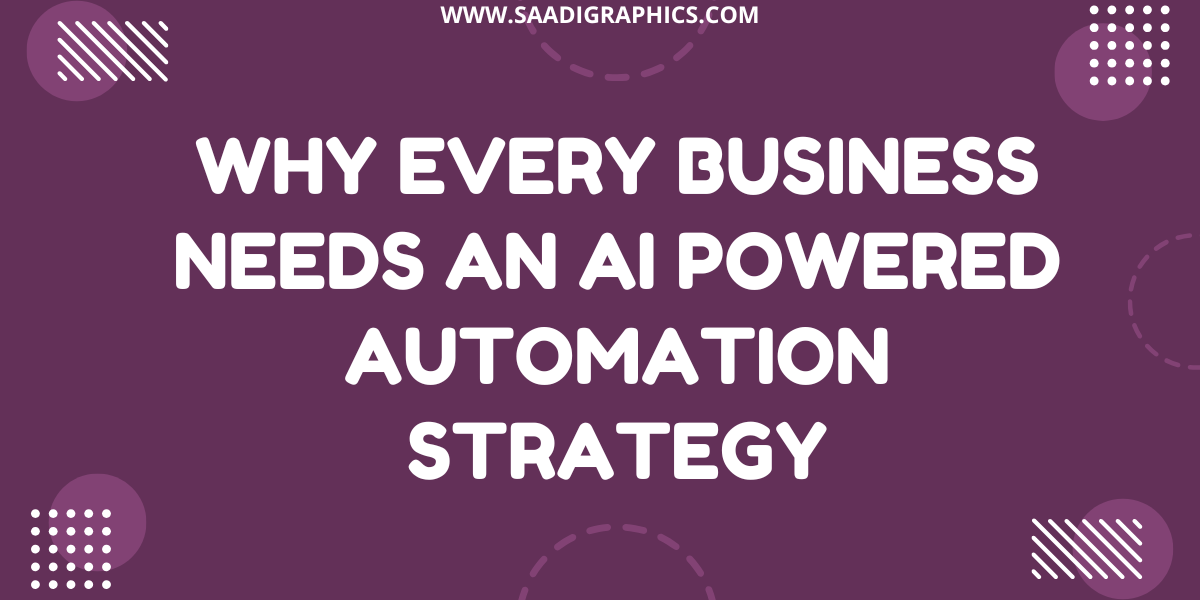How we search for information on the internet is evolving faster than ever. For decades, Search Engines such as Google and Bing have been the unchallenged doorways to the web. But now, a new type of technology is on the rise—Web Agents. These AI-based assistants are starting to redefine the way we stumble upon, comprehend, and take action on information. The question isn’t so much what we search anymore—it’s who searches for us.

The Age of Web Agents
By 2025, the web is not merely a destination we visit ourselves. Web Agents allow us to automate discovery, investigation, and even choices. While traditional Search Engines react to questions, Web Agents proactively bring relevant, contextual, and actionable intelligence to the table.
A Web Agent doesn’t merely provide you with a list of links—it reads them, analyzes them, and summarizes them. It knows intent, learns your tastes, and fetches information in natural conversation. Suppose you tell your browser, “Get me the top new AI-based marketing tools for small businesses,” and rather than displaying 10 blue links, it provides you with a brief breakdown, comparisons, and suggestions—all customized to you. That’s the real potential of Web Agents.
How Web Agents Vary from Search Engines
The key difference between Web Agents and Search Engines is how they go about retrieving information. Classic search websites use indexing huge databases and sorting it via algorithms such as PageRank. They are based on keywords, backlinks, and authority scores.
Web Agents, however, are more interested in comprehension than matching. They employ sophisticated natural language processing and reasoning to learn the intent behind questions. Rather than presenting results, they present answers.
Here’s how they compare in use:
Search Engines display potential answers. Web Agents provide the correct one.
Search Engines function when you query them. Web Agents function even before you query them.
Search Engines rank pages. Web Agents understand them.
This development parallels the wider movement towards smart automation in the online world—systems that learn from user patterns to help browsing and discovery become more efficient and personal.
Why Web Agents Are the Next Step in Online Discovery
With the internet getting fuller by the day, users seek simplification. Web Agents are the embodiment of that next level of ease. They are more than search; they do. They can book appointments, scrape sites for information, summarize research papers, and even compare products—all without the user having to click tabs.
For example, consider organizing a trip. A Web Agent can look up flights, hotels, and local sights, and construct an itinerary for you without any intervention on your part. It’s not only a tool, it’s a wise companion.
The advent of Web Agents is making the web increasingly interactive and personal. Rather than users conforming to technology, technology is conforming to users.

How Search Engines Are Evolving to Compete
That does not mean that Search Engines are going out of style. To the contrary, they’re evolving rapidly. Google’s Search Generative Experience (SGE) and Microsoft adding AI to Bing are evidence that the heavy hitters are already shifting towards conversational and contextual search.
Current Search Engines now employ AI to summarize sites, identify intent, and optimize rankings by user satisfaction instead of keyword matches. The distinction between Web Agents and Search Engines is beginning to blur.
Autonomy is where the real difference is. Search Engines continue to be based on user input, whereas Web Agents act with initiative. They learn in the background and perform constantly to provide results that border on being preemptive.
The Advantages of Web Agents to Consumers and Businesses
The attraction of Web Agents extends beyond convenience. It’s about efficiency for consumers—less time looking, more time doing. It’s about enhanced interaction for businesses. When Web Agents engage with information intelligently, companies can engage with users at the precise moment they require a solution.
As an illustration, an e-commerce Web Agent may spot a customer’s choice of green products and automatically create meaningful recommendations. Search Engines, on the other hand, would continue to depend on users searching for “eco-friendly products” and visiting various websites.
This new environment may change SEO and online marketing as we are aware of it. Brands will no longer optimize for algorithms but rather for AI comprehension—creating content that is relevant to intelligent agents and not simply keyword-based robots.
Challenges Ahead
Although Web Agents have promise, they will be confronted with challenges that Search Engines have already mastered. The largest one is trust. How do users know that a Web Agent isn’t biased, ill-informed, or being manipulated by sources? Transparency will be the key to regaining user trust.
There is a second challenge in privacy. Because Web Agents work based on personal information for prediction, protecting user data becomes paramount. A balance between personalization and security has to be achieved so that these systems can survive.
And last but not least, there is the accessibility issue. While Search Engines are available everywhere and simple to use, Web Agents remain in the initial adoption phase. Their success hinges on integration, AI precision, and public confidence.
The Future of Information Discovery
We’re entering a new era of the internet—one defined by proactivity rather than reactivity. Web Agents and Search Engines may not necessarily compete but coexist. Search platforms will continue to dominate broad information retrieval, while Web Agents will specialize in personal, contextual tasks.
Consider Search Engines to be maps and Web Agents as guides. Maps indicate you the routes; guides lead you to the destination. In the not-too-distant future, these two technologies will definitely consolidate, giving users a smooth experience in which they can explore and take action using intelligent automation.

Final Thoughts
The future of the internet won’t be dominated by one party—it will be forged by partnership. Search Engines set the precedent for how we retrieve information. Web Agents are creating the next frontier, where data gets acted on and experiences are made personal.
Over the next several years, as artificial intelligence continues to become more integral to our daily lives, Web Agents will be essential digital companions. They’ll not only search—they’ll comprehend, sift, and act.
The future evolution of the internet won’t be about algorithms—it’ll be about intelligence. And Web Agents are driving that movement toward a smarter, faster, and more human web.



